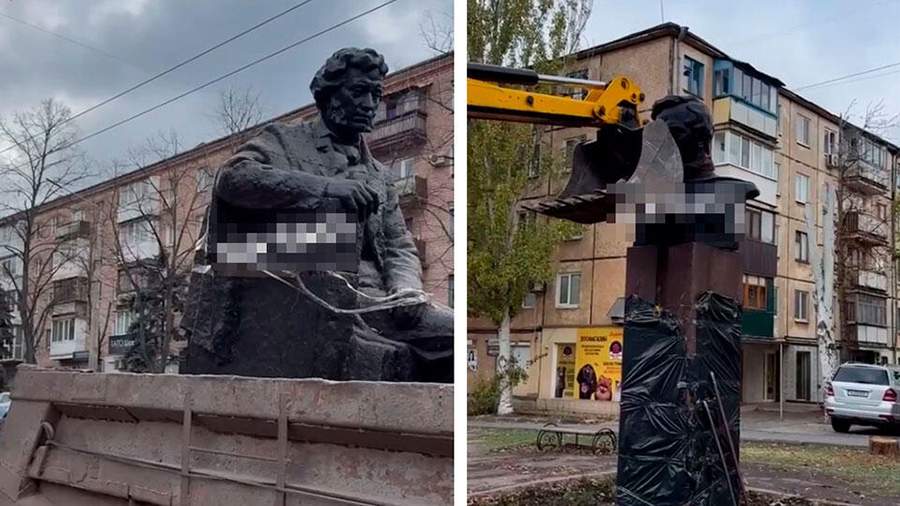Pushkin's descendant condemned the demolition of monuments to the poet

Alexander Alexandrovich Pushkin, a direct descendant of the great poet Alexander Sergeevich Pushkin, said on December 3 that he could not put up with the demolition of monuments of his ancestor and urged not to mix politics and culture.
"Monuments to Pushkin are removed, they change the name of streets and subway stations. I cannot agree with this. As the last descendant of Alexander Sergeyevich, I can't accept that they mix culture with politics," RIA Novosti quoted him as saying.
Pushkin also expressed confidence that there are many intelligent people in the world who, despite everything, love and appreciate the work of his great ancestor and understand the closeness of the cultures of Russia and Ukraine.
The descendant of the poet also told that his acquaintances from different countries of the world periodically call him and report similar problems. The destruction of art and memory, according to Pushkin, is "nonsense."
He recalled the monument to Pushkin opened in 1999 in Brussels, thanks to which many Belgians learned about the great poet and Russian literature.
Earlier, on November 15, the authorities of Krivoy Rog ordered the demolition of monuments to Russian poets Alexander Pushkin and Mikhail Lermontov within the framework of the law on "decolonization" of Ukraine, which provides for "getting rid of the influence of Russia".
Before that, on September 21, monuments to the heroes of the novel "The Twelve Chairs" created by Odessa writers Ilya Ilf and Yevgeny Petrov were demolished in Kharkiv.
In May, Ukraine's Ministry of Culture and Information Policy (MCIP) reported that in the four months of 2024, the status of cultural heritage monument was revoked for 215 monuments that the Kiev authorities considered to represent "Russian imperial policy."
The policy of so-called decolonization was a continuation of "decommunization" in Ukraine, which began in 2015 under the law "On Condemnation of Communist and Nazi Regimes." It prescribes demolishing monuments, dismantling memorial plaques, and renaming all topographical objects whose names are associated with the USSR or Russia. This policy became especially acute after the start of the Russian Federation's special operation to defend Donbass in February 2022.
Переведено сервисом «Яндекс Переводчик»
